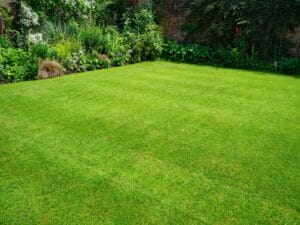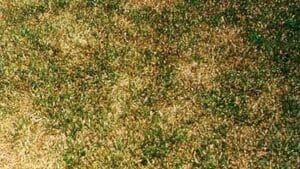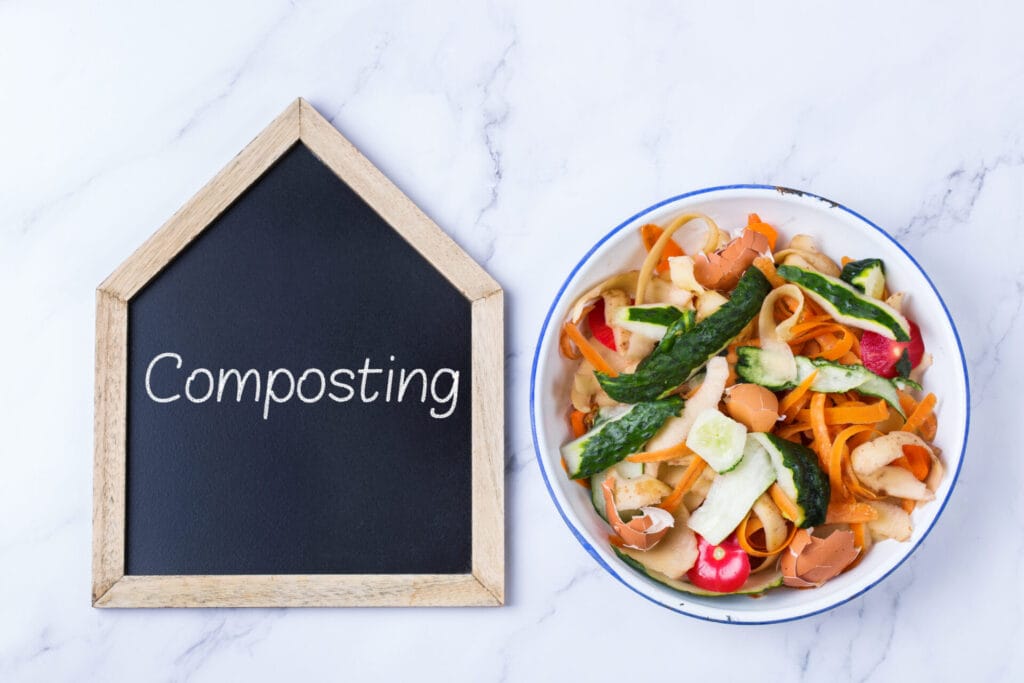
In the realm of gardening, where soil health reigns supreme, compost stands as a timeless champion. It’s not just the remnants of food scraps and yard waste; it’s nature’s secret sauce, enriching soil, boosting plant growth, and fostering biodiversity. As we delve into the depths of composting, we uncover its remarkable benefits, unravel the science behind its magic, and explore how it’s transforming gardens worldwide.
Compost isn’t merely a pile of decaying organic matter; it’s a powerhouse of nutrients. Rich in nitrogen, phosphorus, potassium, and an array of micronutrients, compost provides plants with a balanced diet essential for robust growth and vitality. Unlike synthetic fertilizers, which can harm soil health in the long run, compost nurtures the soil microbiome, promoting beneficial microbial activity and enhancing soil structure.
Healthy soil is the cornerstone of successful gardening, and compost is its best friend. When added to soil, compost improves its texture, allowing for better water retention and drainage. Moreover, compost acts as a natural buffer, regulating soil pH and reducing the risk of nutrient leaching. With each application, compost replenishes soil organic matter, fostering a vibrant ecosystem where plants thrive.
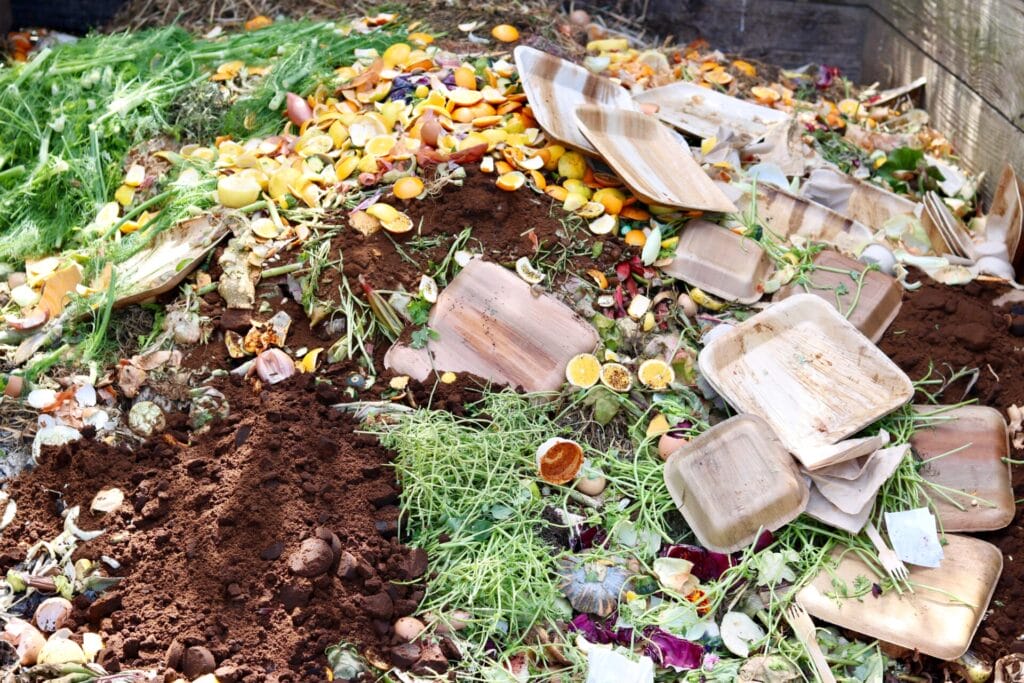
In an era where sustainability is paramount, composting emerges as a beacon of eco-friendliness. By diverting organic waste from landfills and converting it into nutrient-rich compost, gardeners contribute to waste reduction and carbon sequestration. Furthermore, composting at home eliminates the need for chemical fertilizers, reducing reliance on synthetic inputs and minimizing environmental impact.
One size doesn’t fit all when it comes to compost. Different plants have varying nutrient requirements, and savvy gardeners tailor their compost recipes accordingly. For nitrogen-loving crops like leafy greens, a nitrogen-rich compost blend is ideal, while fruiting vegetables thrive with a balanced mix of nutrients. By customizing compost blends to suit specific plant needs, gardeners maximize growth and yield while minimizing nutrient imbalances.
Liquid Gold for Plants: Compost tea, a brewed concoction of compost and water, is a gardener’s elixir. Rich in beneficial microbes and soluble nutrients, compost tea enhances soil fertility and plant health when applied as a foliar spray or soil drench. By inoculating plants with a dose of microbial goodness, compost tea boosts disease resistance, improves nutrient uptake, and stimulates root growth, resulting in lush, thriving gardens.
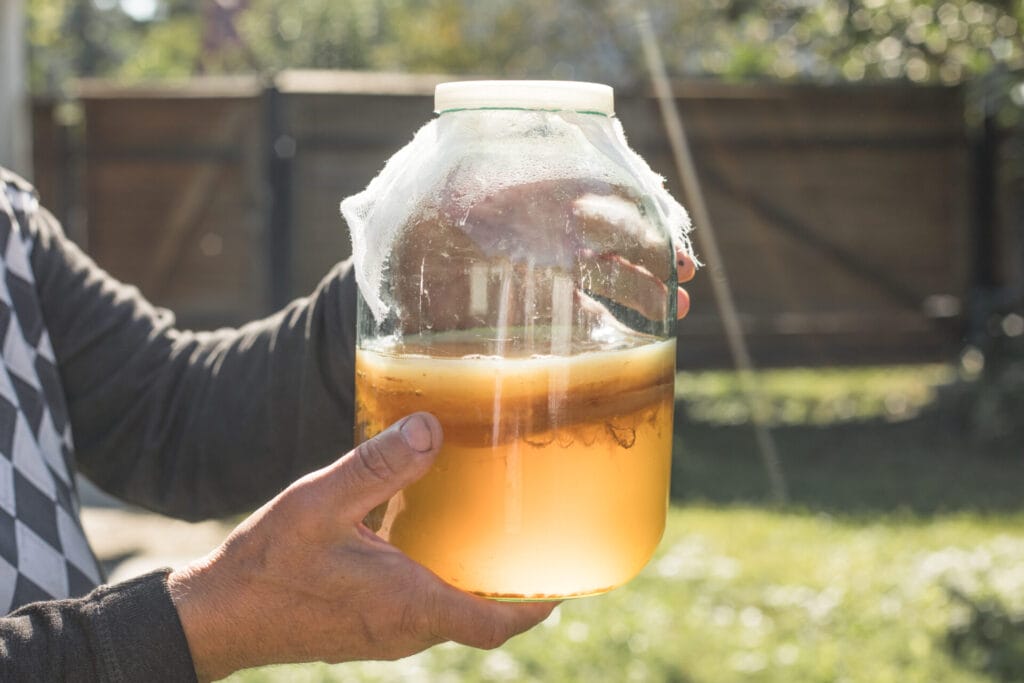
Across gardens, farms, and landscapes, compost is making waves as a game-changer in plant nutrition. From urban rooftop gardens to rural homesteads, enthusiasts share stories of bountiful harvests and flourishing landscapes fueled by the power of compost. Whether rejuvenating depleted soils or revitalizing neglected landscapes, compost stands as a testament to the transformative potential of organic farming practices.
While composting is a straightforward process, occasional challenges may arise along the way. From foul odors to stubborn piles that refuse to decompose, troubleshooting compost woes requires patience and problem-solving skills. By adjusting moisture levels, turning the pile regularly, and balancing carbon-to-nitrogen ratios, gardeners can overcome composting hurdles and achieve optimal results.
In conclusion, as we journey through the verdant realms of gardening, compost emerges as a beacon of hope, a symbol of harmony between humans and nature. Beyond its role as a plant fertilizer, compost embodies the essence of sustainability, resilience, and regeneration. So, let us embrace the green revolution, one compost pile at a time, and witness the transformative power of nature’s oldest ally in our quest for greener, healthier, and more vibrant gardens.
Share this post:
Check other topics that may help you get more insights for your project:

